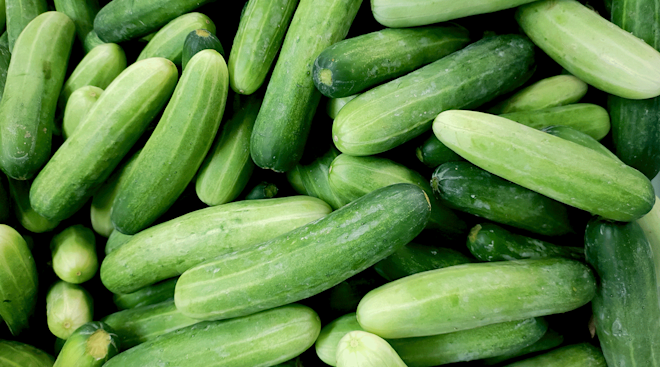Peaches, Plums, Nectarines Recalled Due to Listeria Contamination Risk
The life of an expecting parent can be a little more complicated. Outside of a growing bump, swollen ankles and a slew of other pregnancy symptoms, a mom-to-be also becomes more susceptible to diseases and infections. One such bacteria that can cause particular havoc in the bodies of expectant moms—Listeria.
On November 20, the Centers for Disease Control and Prevention (CDC) announced a new Listeria outbreak linked to peaches, plums and nectarines. Over 11 people in seven states across the US have been hospitalized after ingesting recalled fruit. One person has died, and an expectant mother went into preterm labor.
The CDC believes the outbreak to be linked specifically to HMC Farms or Signature Farms peaches, plums and nectarines. Sold in 2-pound bags in stores nationwide between May 1 and November 15, the affected fruits are marked with the following numbers on stickers:
- Yellow peach: 4044 or 4038
- White peach: 4401
- Yellow nectarine: 4036 or 4378
- White nectarine: 3035
- Red plum: 4042
- Black plum: 4040
According to the CDC, pregnant people are 10 times more likely to contract severe illness from listeria (known as listeriosis) than non-pregnant people due to their weakened immune systems. Once contracted, symptoms from listeriosis usually start within two weeks. Pregnant people typically experience only fever, fatigue and muscle aches. However, in severe cases, Listeria can cause pregnancy loss or premature birth and can cause serious illness or death in newborns.
The easiest way to protect yourself from listeriosis is to avoid plums, peaches and nectarines from HMC Farms or Signature Farms. If you have purchased these recalled fruits, the CDC encourages you to immediately throw them out and clean anything that the fruits have come in contact with. Listeria can survive in the refrigerator and can easily spread to other foods and surfaces.
If you believe you may have listeriosis symptoms, fever, muscle aches and fatigue, its important to go to a doctor as quickly as possible. If you want to learn more about the outbreak and see if your state has been affected, visit CDC.gov.
Navigate forward to interact with the calendar and select a date. Press the question mark key to get the keyboard shortcuts for changing dates.





















































